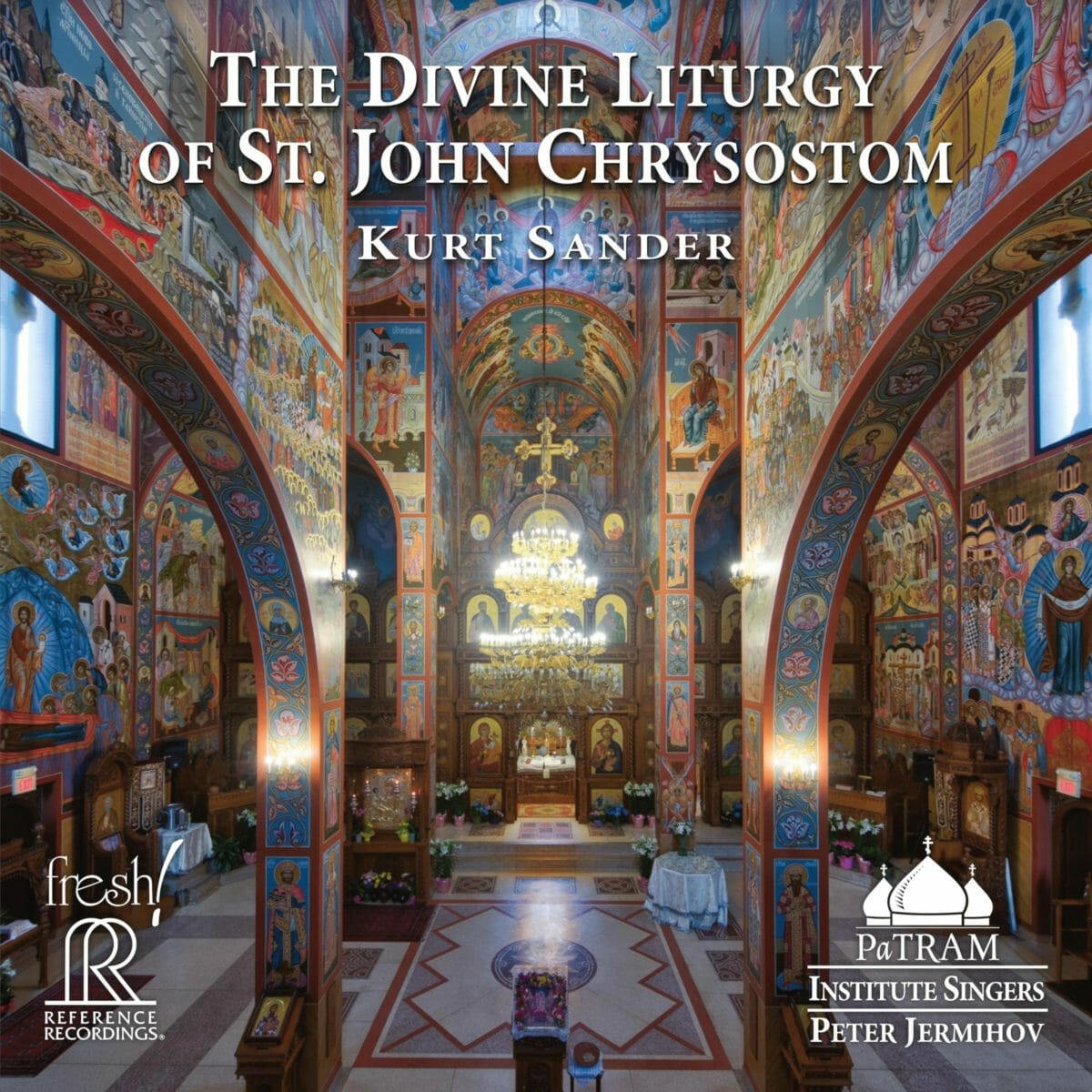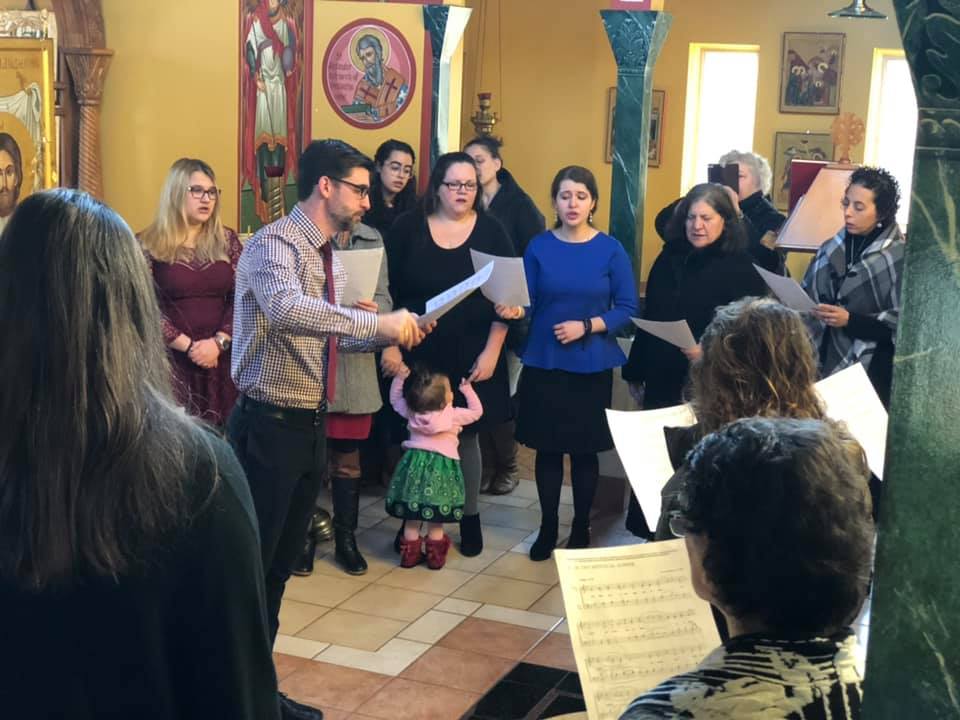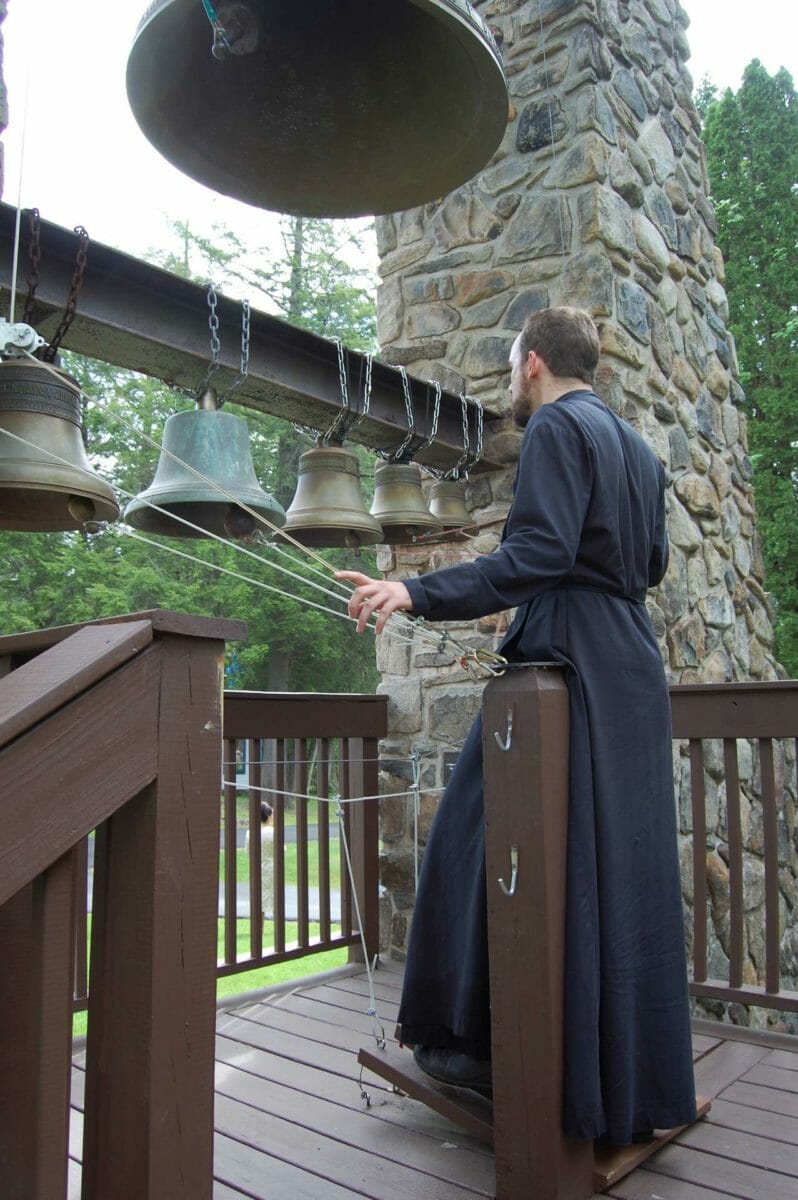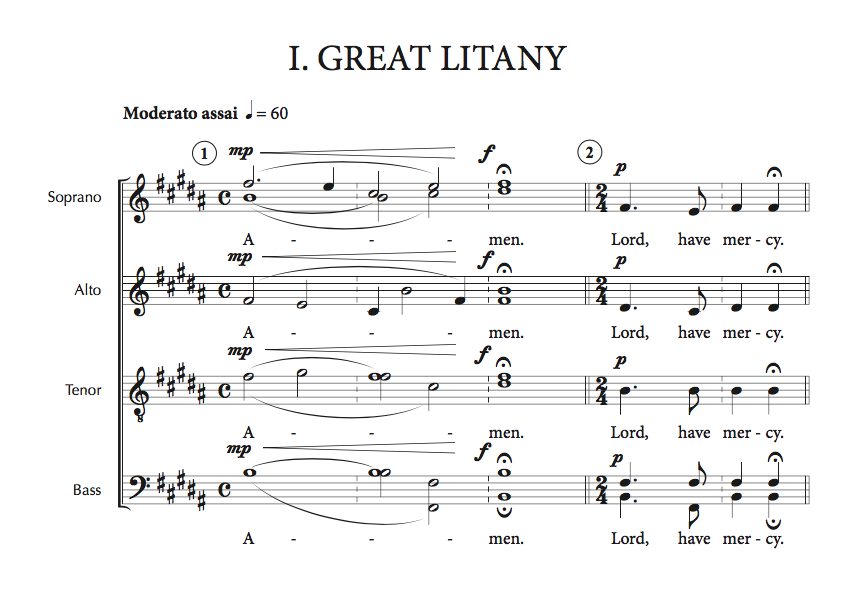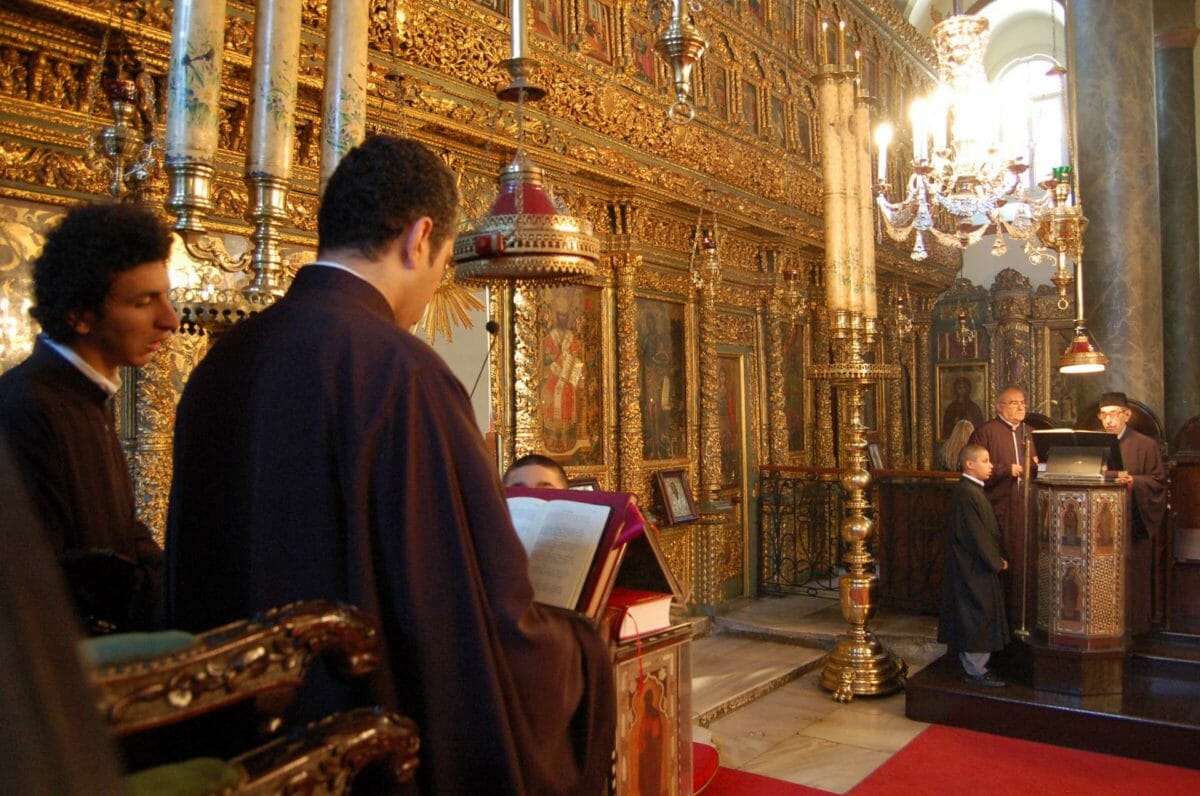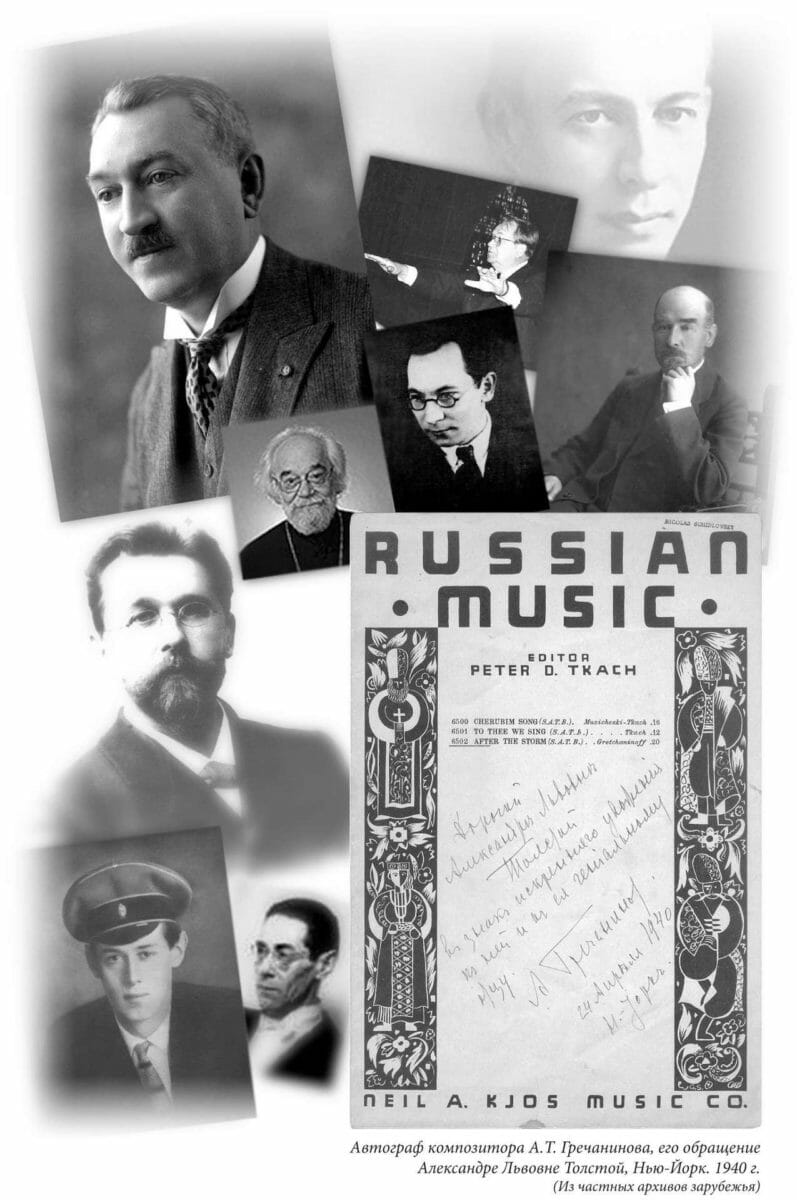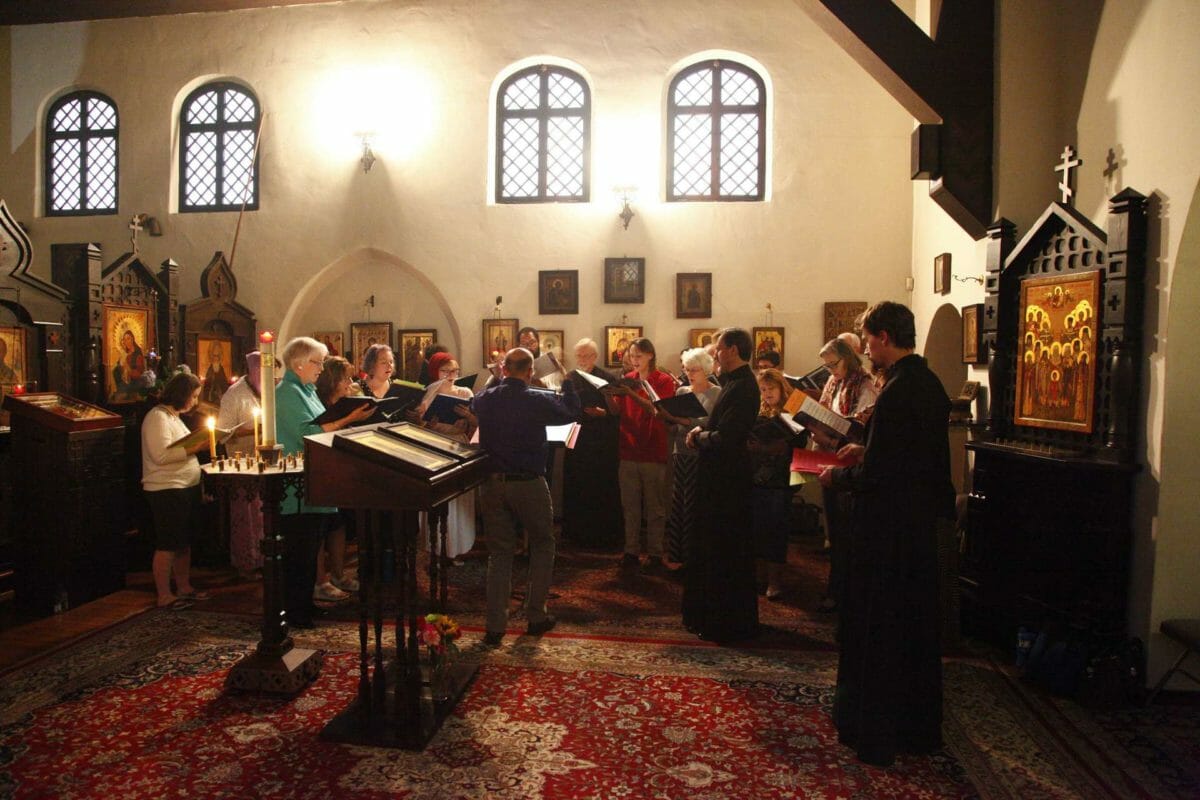Music
Kurt Sander’s Divine Liturgy of St. John Chrysostom: An American Orthodox Musical Milestone
The appearance of Kurt Sander’s Divine Liturgy of St John Chrysostom, which was released simultaneously on April 26, 2019, in recorded form by Reference Recordings and in print form by Musica Russica, in many ways represents a unique and unprecedented event in the realm of Orthodox liturgical singing in North America. The work was created…
Continue reading »The Dynamis Byzantine Ensemble – A New Recording Showcasing the Best of Byzantine Chant in English
Byzantine chant is an ever-evolving art form, responding to the advances put forth in both music and hymnography by the great personalities who have shaped it, such as Saint Romanos the Melodist, Saint John of Damascus, Saint John Koukouzelis, and Peter the Peloponnesian. However, all the men mentioned above were active within a wider movement…
Continue reading »A New Translation of the Canon of the Akathist by Fr. Seraphim Dedes
The state of affairs for English-language liturgical texts is fundamentally unstable. A core problem is that there is no existing body that has either the mission or the competence to review and approve English-language liturgical texts, so there is no settled path to a text being adopted once it is produced. In addition, differing jurisdictions…
Continue reading »That Weekend in Louisville with Benedict and Maria Sheehan
Theology wedded to music has a fragile integrity entrusted to singers who must skillfully labor to reveal heaven on earth.
Continue reading »An Interview with Constantine Stade of New Creation Bellringing
Constantine Stade is an expert in bellringing in the Russian Tradition. In 2018, he founded New Creation Bellringing, a consultation service that assists American churches in setting up bells and properly ringing them. A. Gould: How did you become interested in the art of Russian bell ringing? C. Stade: The sound of Orthodox church bells…
Continue reading »Benedict Sheehan: Liturgy of St. John Chrysostom (2018)
Liturgical Music in America Liturgical music is closely bound up with the people that sing it. Language, history, culture, experience, education, social class, all of these things shape the sound-world of worship. The people that founded Orthodox parishes in America more than a century ago—for the most part, immigrants from Russia, Greece, Eastern Europe, and…
Continue reading »In Defense of Metrical Translations
A liturgical craft that ideally draws very little attention to itself is that of translation — particularly, the translation of hymnography. The English texts that we hear in church were translated by somebody, and that translator also had to make them natural-sounding and singable in English. In addition, there is also the question of whether…
Continue reading »Heaven and Earth: The Psalm 103 Project Comes to Life
It has been over five years since The Saint John of Damascus Society commissioned The Psalm 103 Project, a big idea that brought together the work of six great composers, Matthew Arndt, John Michael Boyer, Alexander Khalil, Kurt Sander, Richard Toensing (+2014), and Tikey Zes, to create a unique, collaborative choral work that would be a model of…
Continue reading »Sacred Choral Treasures of the Russian Emigration Premiered at the Moscow Conservatory Marking the Centenary of the Revolution: 1917–2017
In late 2016, as the tragic centenary of the Russian revolutions was approaching, conversations began among musicians in Russia and the U. S. regarding an appropriately solemn and musically significant way to pay homage to the memory of those who had been affected by these events—in particular, composers, choirmasters, and church singers—both those who suffered…
Continue reading »The Task Fears the Maestro; Reflections on a Choral Master Class with Vladimir Gorbik
There is a Russian adage which translates as “the task fears the master craftsman,”[*] meaning work goes well when one knows one’s business. In the case of the recent master class in choral singing and conducting, entitled The Performance and Interpretation of Russian Sacred Choral Music, one could easily change this adage to “the task…
Continue reading »
